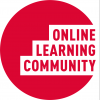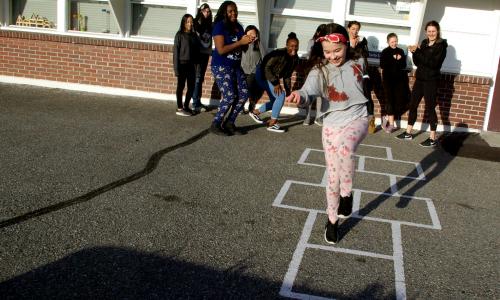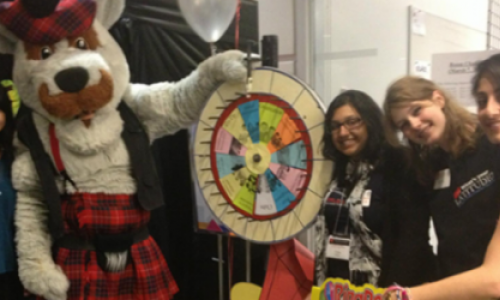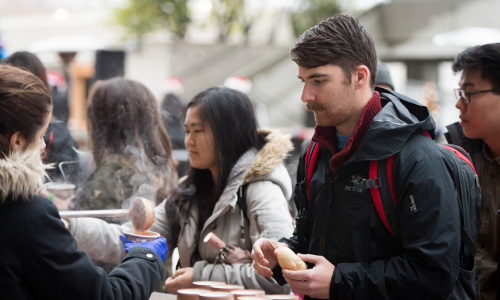
You've heard it before. From your parents, extended family, friends and so on: What's your plan? With so many academic options open to you at SFU, it can be puzzling enough trying to decide on your major, much less a long-term career. But speak to any SFU career advisor and what you'll hear might bring you some calm: there is no set career plan.
What – no plan? This way of thinking may seem careless; however, most workers in the height of their career will admit that the road to their success was anything but linear.
"The fact that I'm not tasting wine or naming lipsticks for a living is testament to the fact that my 'plan' went awry," says Brandy Delves, Communications Specialist at the Michael Smith Foundation for Health Research. "A series of what seemed like missteps turned out to be my career in the making, I just didn't realize it. Now that I'm in a job that I love in a fascinating industry (it's not about wine or cosmetics) I can look back and see that it was ok to let go of my plan, and let the experiences in front of me set my path. I wouldn't have it any other way."
So if there is no career plan, then how can you go from A (where you are) to B (a meaningful career)? Our suggestion: Think and plan a little less; do a lot more! Seek volunteer and professional development opportunities that you are passionate about. You can use to them to build your resume and expand your network. The power of networking while you are still a student is great, since you can get a head start on establishing meaningful industry connections.
SFU Career Services events – like Work for the Best, or Peer into Your Career – tend to echo the same sentiment: it was their extracurricular pursuits that guided that them toward their eventual career direction. And when the extracurricular is something you enjoy, it's even more likely that you will find benefit from it. You just might find that you discover what you do and don't want to do with your life along the way.
Here are WIL's top picks for jump-starting your career while finding your passion:
Co-op – try out numerous paid work experiences, alternating with study semesters. Graduate with a year or more of work under your belt.
Volunteering – advance a worthy cause while building your resume
Join a professional association – you'll find that leaders in many fields are part of a professional association. A student membership in a professional association is a great way to meet people in the many career positions available to you, down the line.
Take an 'experiential' course – some academic courses are designed around community-based projects, giving you experience applying your studies to the world beyond the university.















